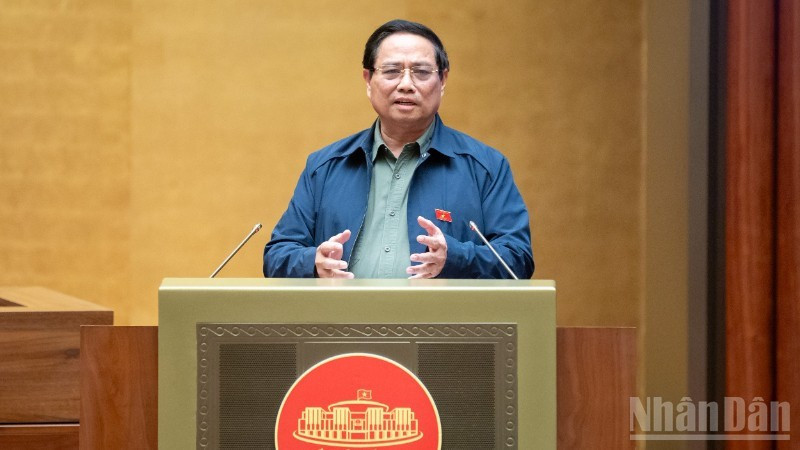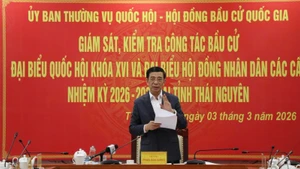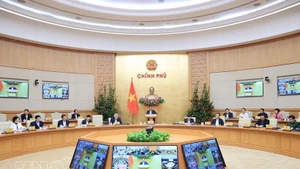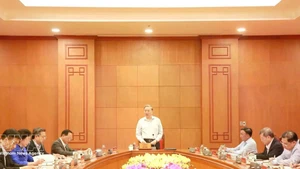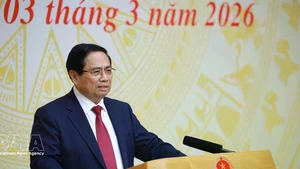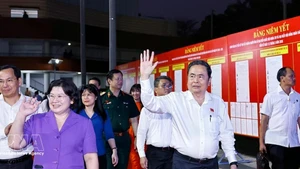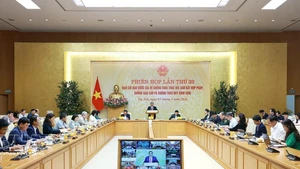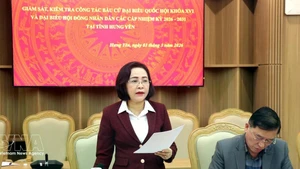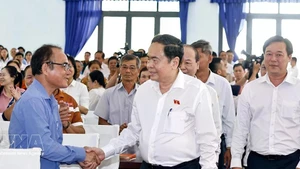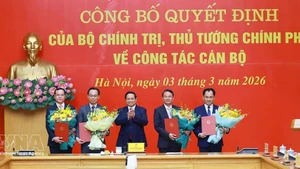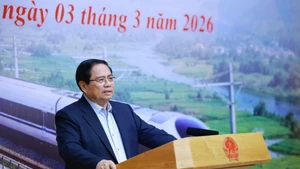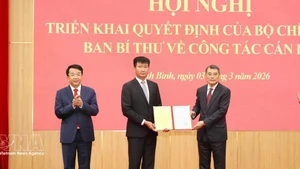The leader made the statement during a legislative discussion on socio-economic issues, following proposals by several NA deputies to raise the base salary starting January 1, 2026.
The PM highlighted Viet Nam’s achievements over the past five years despite multiple challenges, saying the period has demonstrated the economy’s resilience in withstanding external shocks.
“We have maintained macroeconomic stability, kept inflation under control, spurred growth, and ensured key economic balances. The labour market has adapted well to structural shifts, public debt has fallen, and the budget deficit remains below the level set by the legislature and lower than in previous terms,” he elaborated.
Living standards have improved, with Viet Nam’s happiness index climbing 39 places since the beginning of the term, he went on.
The leader said the government has basically resolved 12 long-struggling loss-making projects, with many now operating efficiently and turning profitable again.
He noted that among nearly 3,000 pending projects, the government has classified them for resolution — more than 2,000 fall under the authority of the government and relevant ministries or localities, while about 500–600 require reporting to higher-level authorities, including the legislature.
For public investment, he said the NA and the government have recently addressed numerous institutional bottlenecks.
Regarding directions and tasks for 2026, the PM said the growth target of at least 8%, and double-digit expansion in the following period, represents a major challenge, but expressed confidence that Viet Nam has the foundation and solutions to realise it.
Outlining new growth drivers, he said development should rest on three key pillars — people, nature, and cultural and historical traditions.
